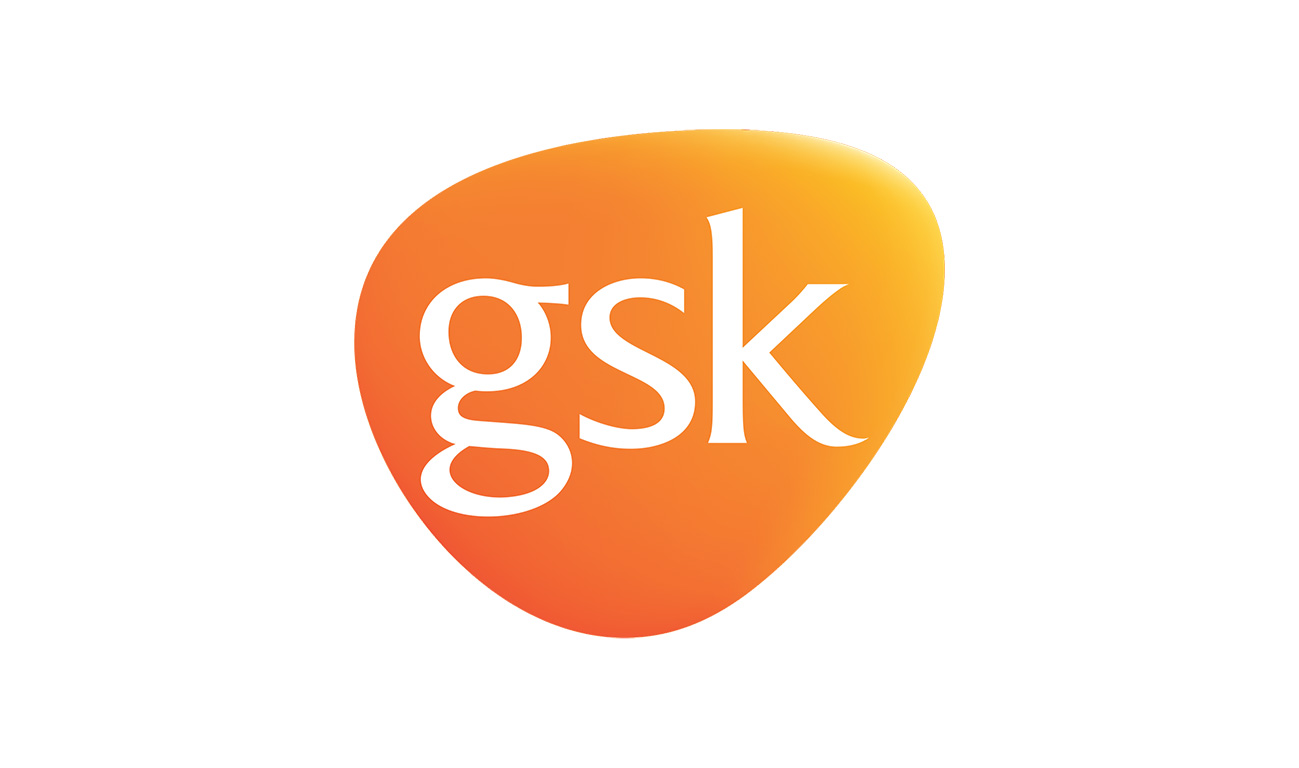GSK Launches Supplier Exchange to Drive Collaboration and Innovation
200 of GSK’s largest material suppliers cover some 50% (£1bn) of its spend on raw materials
September 16, 2015 /3BL Media/ - More than 500 of GSK’s suppliers to its manufacturing and R&D divisions globally have been actively asked to share and take forward practical ideas to improve energy efficiency and reduce environmental impacts through GSK’s Supplier Exchange. GSK, which often utilises a collaboration approach across all parts of its business, has set up the GSK Supplier Exchange to help reduce its carbon footprint across its value chain by 25% by 2020.
As GSK spends over £2 billion buying materials, and with over 40% of its carbon footprint coming from the procurement of those materials, collaborating with suppliers to find solutions is critical. Commenting on this, Matt Wilson, head of GSK’s global Environmental Sustainability Centre of Excellence said: “We established that 65% of our suppliers did not have an active programme in place to reduce energy costs. In addition, no one single supplier had more than a 1% impact on our carbon footprint, so the task looked huge. We were going to have to engage an enormous number of suppliers if we were to make a material impact in helping to reduce their carbon footprint – to help us reduce ours. Our challenge was how best to tackle this.”
The solution was clear; set up a GSK Supplier Exchange with 2degrees, the leading collaboration platform for sustainable business. GSK collects carbon, water and waste data via its ‘Ecodesk’, a collaborative database available through the supplier exchange platform, from over 200 of the largest materials suppliers covering some £1 billion of the spending on raw materials used in manufacturing and R&D. The Exchange enables suppliers to disclose data and share best practice and expertise to reduce impacts and source innovative solutions. Wilson continues:
“The platform provides a powerful way to engage a large number of suppliers at one time, and we've been able to create multiple connections because of this. One innovative example is connecting our customer - the NHS - with our suppliers about their challenges. This is adding real value and is also motivating our suppliers to come up with the right solutions, first time.”
GSK also runs energy reduction workshops at supplier sites. This has helped the largest energy users in its supply base identify and implement energy saving opportunities where, on average, there is an opportunity to save 5000 tonnes of CO2 and reduce energy costs by 20-30%. Commenting on the benefits of this, Head of Engineering, Mike Battrum, from supplier Aesica Pharmaceuticals, part of Consort Medical plc, said:
“When GSK asked us if we wanted to take part in an energy reduction workshop, we were a little sceptical about what it would actually deliver in terms of tangible benefits. But we are now very glad we agreed because we identified energy projects that we think, if they were all implemented, could save us more than 30% of the site’s energy bill. So, it was definitely worth doing.”
GSK publically recognises its suppliers’ efforts to reduce their environmental impacts through the GSK Supplier Environmental Sustainability Award. Packaging supplier Albéa, which supplies GSK with tubes for its toothpaste, was the first to win the award for its comprehensive energy efficiency programme. GSK will be running the award again later this year.
GSK
GSK is a science-led global healthcare company with a mission to help people do more, feel better, live longer. GSK’s medicines, vaccines and consumer health products are improving quality of life for patients and consumers around the world. Its vaccines are included in immunisation campaigns in 170 countries worldwide and of the 800 million vaccine doses we delivered in 2014, over 80% were shipped for use in developing countries.
Climate change is one of the world’s most pressing issues and a major threat to people’s health and global economic development. GSK knows that to continue to research and to produce medicines, vaccines and consumer health products the finite resources of our planet need to be preserved.
By using resources more efficiently and collaborating with others to tackle these challenges, GSK has set ambitious goals to reduce carbon, water and waste across its value chain from the sourcing of raw materials and the impacts of its own labs and factories, to the use and disposal of its products by patients and consumers.
For more information on GSK’s responsible business approach, visit www.GSK.com/Responsibility
2degrees
2degrees helps major global corporations bring thousands of their suppliers together to identify and unlock hidden opportunities for efficiency and to deliver smarter, faster, sustainable business growth. By facilitating fully-linked collaboration, 2degrees programmes have helped clients, including GlaxoSmithKline, Asda-Walmart and The Royal Bank of Scotland, work towards achieving a world-class and secure supply chain: cutting costs, reducing risks and environmental impacts, building trust and bringing about innovation in their supply bases.
2degrees does this by working with clients to build bespoke online communities, where suppliers can collaborate to solve problems, share and normalise best practice and access information. These ground-breaking programmes are underpinned by dedicated community management experts who help clients engage suppliers, as well as data reporting components that provide insight on supply chain efficiency and identify opportunities to improve performance and track progress over time.
For more information, contact alexlankester@2degreesnetwork.com or visit www.2degreesnetwork.com/corporate-solutions

